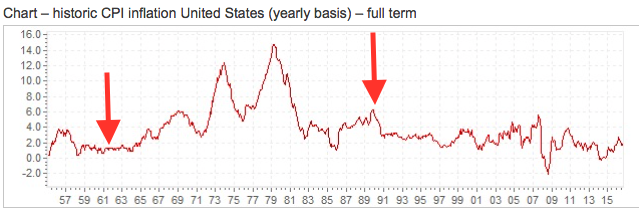W2R
Moderator Emeritus
Worry is one thing, and in one sense I would say we are not worried.
But like many here, we are engineers and used to developing contingency plans in case they are needed. Frank and I often discuss what we would or could do in case of inflation. In fact, we had a great discussion along those lines last night. We have both been nearly broke earlier in life, and learned some pretty extreme LBYM behaviors at that time. We are OK with reverting to that type of life for a while if need be due to hyper-inflation.
We decided that if inflation is so bad that even the two of us can't get through it, it will be the end of civilization anyway and we'll just do what we can. Meanwhile we are not stressed or worried about it, just thinking and planning our "what if"s .
But like many here, we are engineers and used to developing contingency plans in case they are needed. Frank and I often discuss what we would or could do in case of inflation. In fact, we had a great discussion along those lines last night. We have both been nearly broke earlier in life, and learned some pretty extreme LBYM behaviors at that time. We are OK with reverting to that type of life for a while if need be due to hyper-inflation.
We decided that if inflation is so bad that even the two of us can't get through it, it will be the end of civilization anyway and we'll just do what we can. Meanwhile we are not stressed or worried about it, just thinking and planning our "what if"s .

